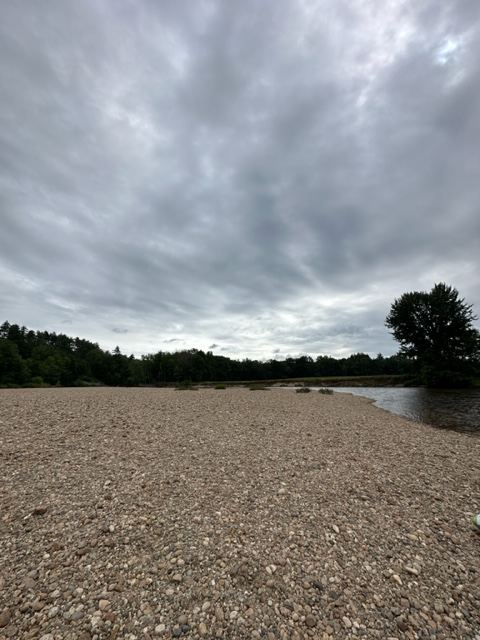
Dealing with the death of a loved one is hard…
Grief doesn’t stop after your designated “bereavement days” from your employer.
Grief doesn’t stop after the funeral service or burial.
There aren’t any specific rules when it comes to grief.
Some days you will feel like you can move mountains and “you’re over it.”
Other days all of the emotions will come crashing down, hitting you hard like a tidal wave.
Some days, you will feel like you aren’t capable of crying anymore. The tears have all dried up. You are emotionless.
Some days, the guilt will strike you with a heaviness in your heart. You will think, if only you spent more time, had one more conversation, or didn’t say that one thing, he or she would still be here.
You know what’s even harder? Feeling like you need to go through all of the emotions alone. I’m here to tell you that you don’t have to do it alone.
Unfortunately, I have been there. I lost far too many close family members at a young age. By the time I was 25 years old, I lost my dad and my cousin who was like an unofficial brother to me. Nobody can ever prepare you for such tragic and close losses at that ripe age.
Life is just beginning, what do you mean young family members’ lives can end while my life is just beginning? Doesn’t everybody grow old?
I struggled. I struggled hard with these two major losses within a year apart from each other. Years of grief, mental illness and anger were swallowed up because of it.
I want to offer the top 3 things that I wish I knew back then so that you don’t have to struggle like I did.
1. Ask for help. Many will tell you “Let me know if you need anything.” Some will mean it, but some will simply utter the words. Reach out to your closest friends, family, significant other, neighbor, coworker that also suffered a difficult loss. Don’t feel like you can’t talk to people about your loss.
2. Take care of yourself. Ignoring your needs will not help your grief and healing process. Take that day off from work to binge watch your favorite show on the couch with your pet. Take a walk and be in nature. Workout to help you process those emotions of grief. Don’t forget to drink water and eat that healthy meal. If you’re tired, please take that nap, or go to bed early. Turn on that music and dance in your living room. Please, just do those things. Give yourself permission to do those things. You will thank yourself later. Taking time for you is so important and healing.
3. Talk to a professional. Even if you are experiencing “one of those good days,” you can still benefit from talking to the right counselor or therapist. I encourage you to find the right therapist that fits your personality and needs. I know access to counselors can be difficult because there are far more people that need therapy than there are mental health professionals. I know that some cannot afford the costs for therapy appointments or the virtual therapy membership programs out there.
However, I have a solution. Hospice agencies are made up of a team of health care professionals that take care of people that are diagnosed by a healthcare provider to have approximately one year or less left to live. Some common examples of people that may need hospice services are if someone is diagnosed with terminal cancer, end-stage kidney disease, advanced heart disease, and many more. These teams of health care professionals take care of these individuals in the home, long-term care, and hospital settings. (I will discuss more details about hospice services and palliative care in another future post. I promise.) Did you know that hospice agencies offer bereavement/grief services to the community regardless of if your loved one was under hospice care? Did you know that most of them offer flexible virtual sessions and group support groups? Don’t have access or don’t like virtual/video appointments? That is fine, too. They can schedule a phone call for a time that works for you. They can also direct you to other mental health resources that could be a good fit for you. Need help determining next steps financially after the death of a loved one? They can point you in the right direction with financial assistance too. These resources are completely FREE! People truly are here to help.
Please make that call or send that email to one of the hospice agencies. Hospice organizations have so many resources available to you, and that is why bereavement coordinators exist! These professionals are here for you and to help serve the community.
Here is a link to a site that can help you find hospice agencies closest to you. You can also search for local hospice agencies on your phone on your GPS/map app, or you can do an online search.
https://agencylocator.nahc.org/
Please remember that you are not alone.
Feel free to send this to anyone that you think may need support.

Leave a Reply